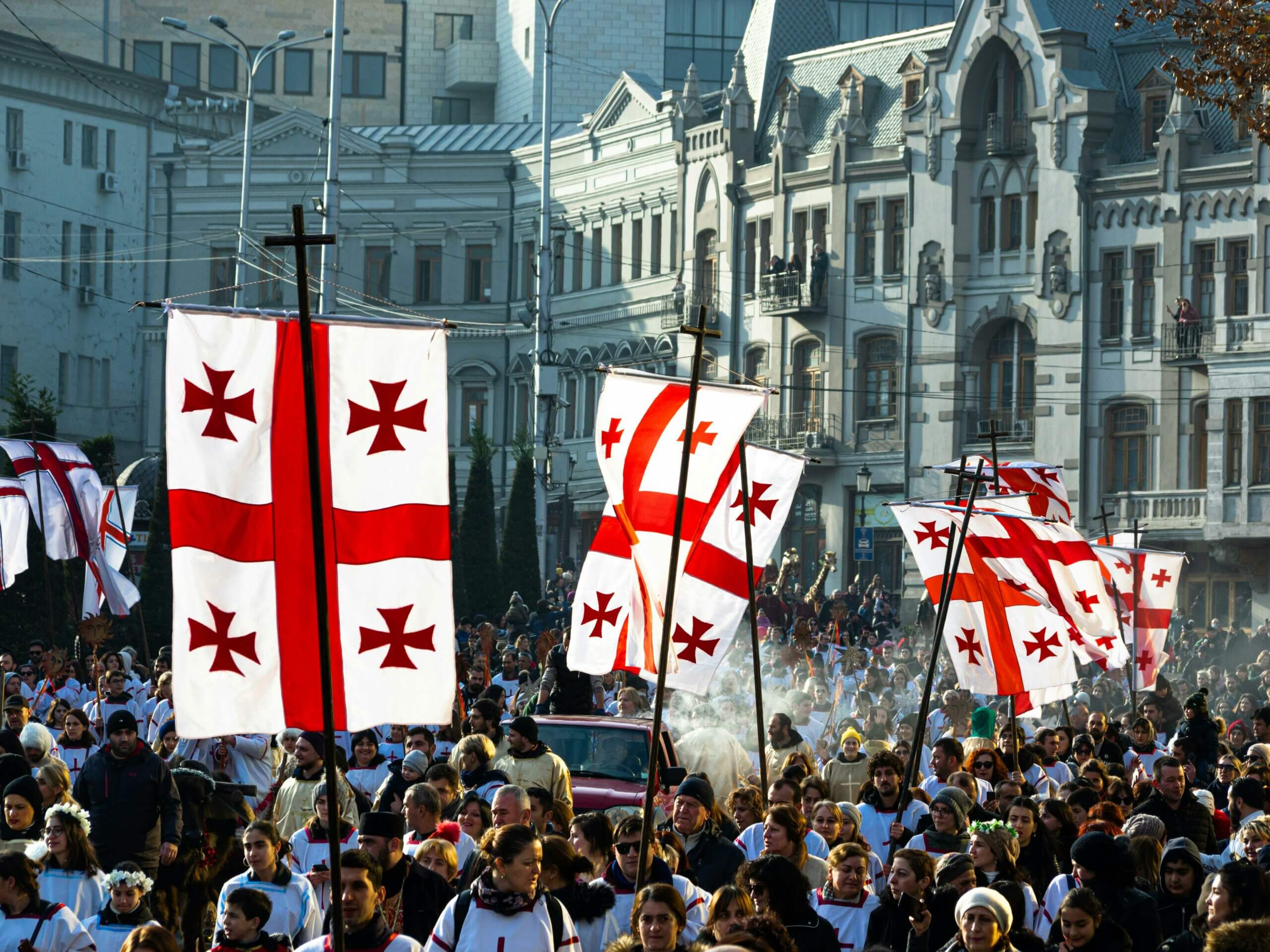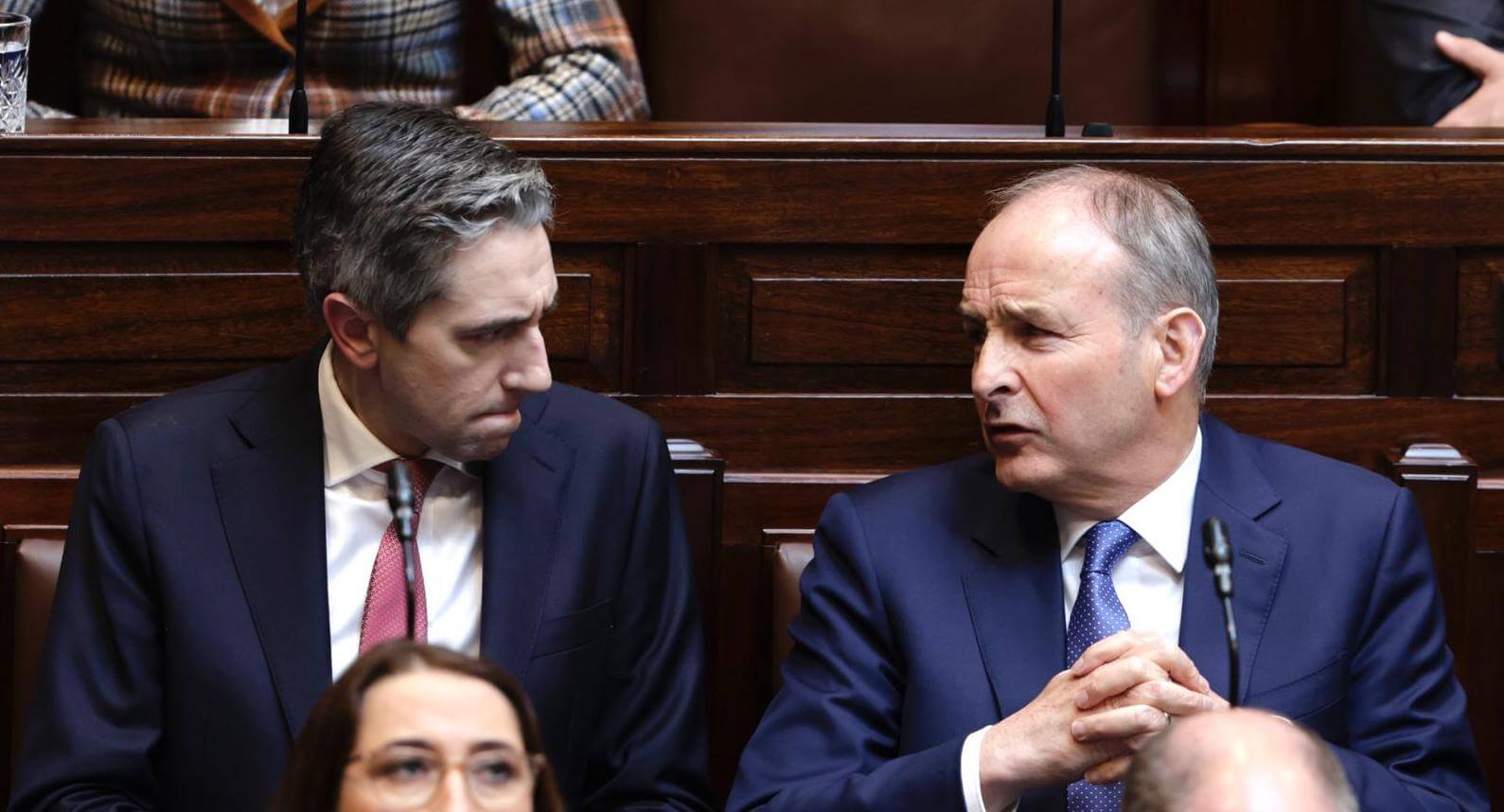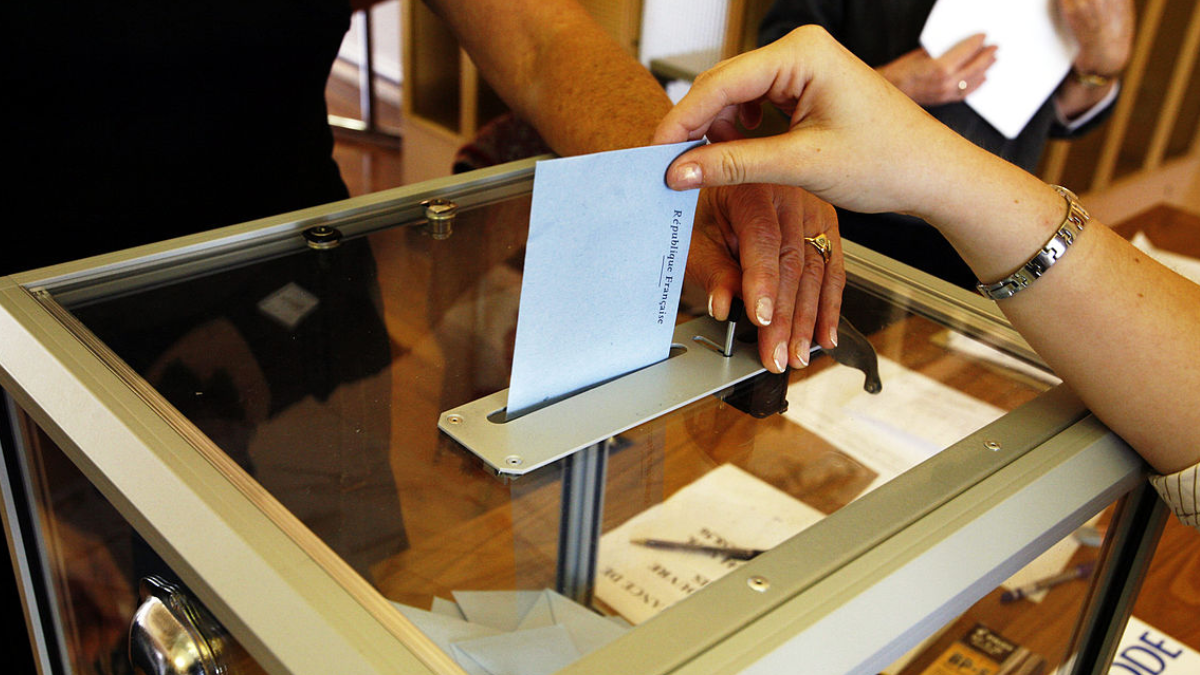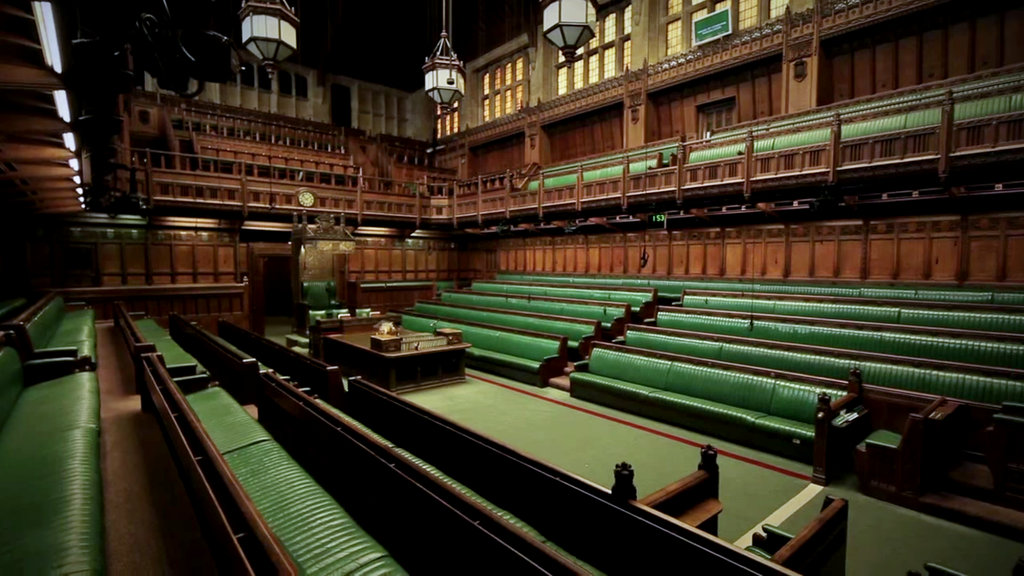This month featured an impressive array of political events, including eight parliamentary elections, five presidential elections, and four referendums. Here are some of the highlights from this month’s electoral activities.
Botswana - ‘Change is here’
Botswana experienced a historic general election as its Democratic Party (BDP) lost its parliamentary majority for the first time since independence in 1966, suffering a landslide defeat to the Umbrella for Democratic Change (UDC). The BDP, only managed to maintain four seats in the election, placing itself last among the other four parties with the UDC having won 35 seats in parliament – four more than it needed for a majority. Thus, at a news conference on the 1st of November, President Mokgweetsi Masisi of the BDP conceded defeat, and his successor, Duma Boko, was sworn in later that evening.
This shift mirrors a regional trend, with long-dominant parties in southern Africa, like the African National Congress in South Africa, also losing power recently. Analysts note that these parties, which once guided their nations through postcolonial transitions, are now facing challenges due to changing demographics. Younger voters, frustrated with political stagnation, are demanding change.
Historically, Botswana, a southern African nation of about 2.5 million people, has been celebrated as a postcolonial success story, known for its political stability and thriving diamond mining industry. However, recent socio-economic grievances have sparked a desire for change. Unemployment has risen significantly, reaching approximately 28% nationally and 38% among youth, exacerbated by economic downturns linked to fluctuating diamond prices. With diamonds accounting for 80% of exports and a quarter of GDP, demands for greater economic diversification and improved access to education and employment have led many to support alternative parties like the UDC. After not initially commenting on the start of his presidency, Boko, who previously ran for president in 2014 and 2019, took to his official X (formerly Twitter) account to post “Botswana First,” accompanied by a UDC campaign poster that read, “Change is Here.”
Mozambique - Frelimo’s firm grip
While Botswana’s recent general election emphasised a strong demand for change, Mozambique’s electoral landscape reflected greater continuity, with the ruling party, ‘Frelimo’, extending its 49-year hold on power since independence from Portugal.
President Filipe Nyusi stepped down after two terms in office. However, his party Frelimo, translated as the ‘Mozambique Liberation Front’, remained in power. Nyusi’s successor is Danielo Chapo, notable for being the first president born after Mozambique’s independence in 1975. Chapo won 71% of the vote and secured all provincial elections, while his closest challenger, Venâncio Mondlane, received only 20%. Frelimo also dominated the parliamentary elections, claiming 195 out of 250 seats, leaving the opposition party ‘Podemos’, that supported Mondlane, with 31 seats, and Renamo with 20.
However, this decisive victory has been clouded by controversy. Allegations of electoral fraud have emerged from opposition candidates and civil society groups, who assert that the elections were rigged. The European Union Election Observation Mission noted “irregularities during counting and unjustified alterations of election results at polling stations and district levels,” calling for “the electoral bodies to conduct the tabulation process in a transparent and credible manner, ensuring the traceability of polling station results”.
The election has also been marred by accusations of corruption and violence, including claims that Frelimo supported the killing of opposition supporters. Mondlane, an independent candidate backed by Podemos, alleged that security forces killed his lawyer, Elvino Dias. These grievances have fueled political instability and civil unrest in Mozambique, resulting in violent protests in several towns and the deaths of at least 11 unarmed bystanders at the hands of security forces since the 24th of October.
Tunisia - Turning to authoritarianism
In the recent Tunisian presidential election, President Kais Saied secured a second term in power with more than 90% of the vote. This election was significant as it was the first following the dissolution of parliament in 2021 and constitutional amendments in 2022 that further consolidated power in Saied’s hands. However, the election’s legitimacy has been widely questioned. This situation is partly attributable to the Tunisian Government’s approach toward Saied’s opposition, which involved approving only two opposition leaders while arresting numerous dissidents and potential rivals in the lead-up to the election. Additionally, Saied’s electoral commission restricted the country’s two main domestic watchdogs from observing the election, citing claims of “suspicious foreign funding,” which has diminished oversight and accountability.
These actions have fostered a sense of disillusionment and political disempowerment among Tunisians. The International Crisis Group highlighted that “the President’s nationalist discourse and economic hardship” have eroded any enthusiasm citizens might have felt about the election. This sentiment appears to be reflected in the voter turnout, as only 29% of the population voted.
Saied’s nearest competitor, businessman Ayachi Zammel, received just 7% of the vote, notably ended his campaign from prison after being sentenced to 12 years for document falsification merely five days before the election. The circumstances of this election appear remarkable for a country once recognised as an emerging model of democracy in the Middle East, following the 2010 protests that led to the ousting of long-time autocrat Zine El Abidine Ben Ali. However, under Saied’s leadership, Tunisia is increasingly perceived as regressing further into an authoritarian regime.
Moldova- Maia Sandu makes history
For the first time since the country’s founding, a popularly elected president has secured a second term. Incumbent President Maia Sandu defeated her challenger, Alexandr Stoianoglo, with 55% of the vote in the second round of the presidential election. Notably, voter turnout in this round surpassed that of the initial round on the 20th of October.
Stoianoglo received significant support, with Moldova casting 30,000 more votes than in the first round, particularly from voters in the northern and southern regions. In Balti, the country’s second-largest city, he won 70% of the vote compared to Sandu’s 30%. However, Sandu enjoyed overwhelming backing from expatriates, garnering 83% support among them with a turnout rate of 54%. Within Moldova, her strongest support came from the capital, Chisinau, where she secured 57% of the vote, accounting for nearly one-third of her total.
Following the election results, Sandu’s foreign policy adviser, Olga Rosca, highlighted the importance of the vote for all Moldovans, stating, “We never divide people into Moldovans at home and expatriates—we see Moldovans as one family.” Sandu echoed this sentiment of unity in her Sunday night speech, pledging to be a president for all Moldovans.
The election results pave the way for Moldova to strengthen its ties with the EU and the West. EU Commission President Ursula von der Leyen congratulated Sandu, expressing her eagerness to continue working toward a European future for Moldova and its people. This election also indicates a shift away from Russian influence, as Stoianoglo, backed by the pro-Russia Party of Socialists, lost despite claims of Russian interference, including bomb threats at polling stations in the UK and Germany.
As November continues to unfold, a host of significant geopolitical events are taking place around the globe, including many national elections. A second Trump presidency is all but certain with him having met President Biden at the White House for transition talks. Meanwhile, Africa is also witnessing key presidential elections, including Somaliland’s long-delayed vote after a two-year postponement. In Namibia, the Swapo Party’s candidate, Netumbo Nandi-Ndaitwah, hopes to secure the presidency, potentially becoming the country’s first female president, even as the ruling party faces declining support.






